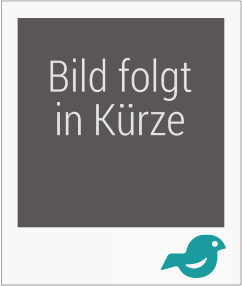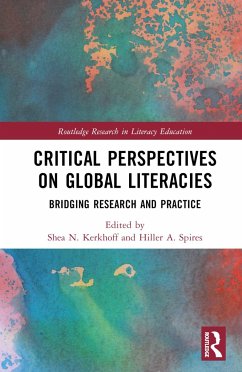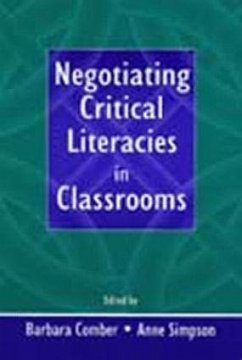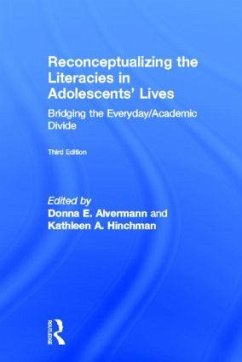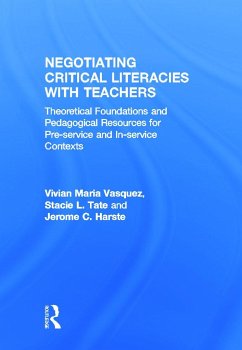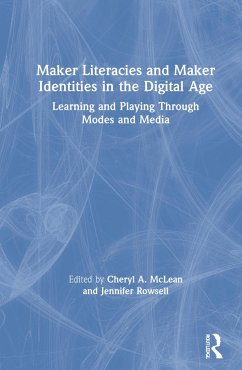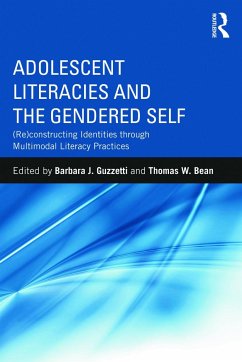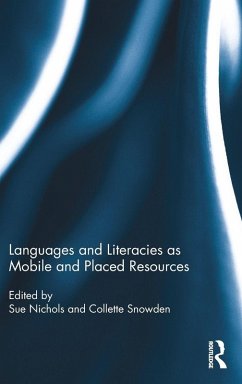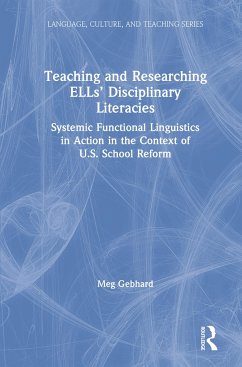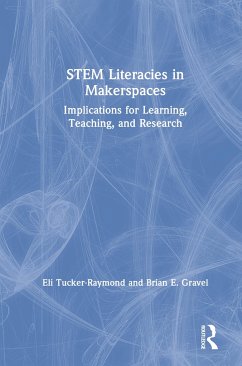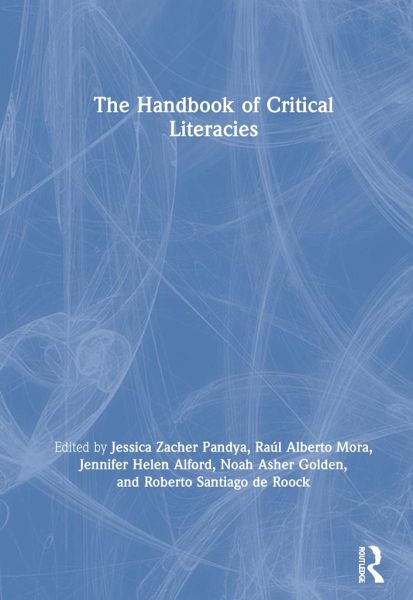
The Handbook of Critical Literacies
Versandkostenfrei!
Versandfertig in 1-2 Wochen
257,99 €
inkl. MwSt.
Weitere Ausgaben:

PAYBACK Punkte
129 °P sammeln!
The Handbook of Critical Literacies aims to answer the timely question: what are the social responsibilities of critical literacy academics, researchers, and teachers in today's world? Organized into thematic and regional sections, this handbook provides substantive definitions of critical literacies across fields and geographies.




